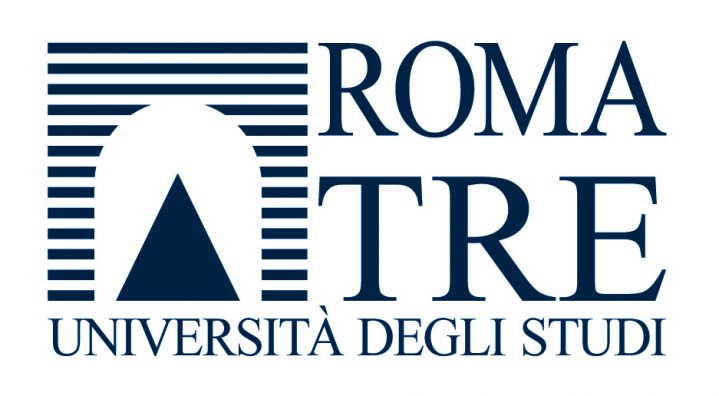Giovedì 18 aprile alle ore 15.00, Angelo Nucciotti (Universita' ed INFN, Milano Bicocca), terrà il seminario dal titolo "Direct measurements of the neutrino mass and first data from the HOLMES experiment".
Abstract
"Measuring the absolute mass of neutrinos remains a major challenge in particle physics and astrophysics. The only theory-independent method to assess its value is the direct measurement, which involves kinematic analysis of the electrons emitted in beta decays.
Experiments designed to make such a measurement fall into two categories: spectrometers and calorimeters. Spectrometers, such as KATRIN, set strict limits on the neutrino mass, but are limited by the fact that the source is outside the detectors with the possibility of systematics uncertainties. Calorimeters, on the other hand, embed sources in low-temperature detectors and measure all of the energy released by the decay except the fraction carried by the neutrino.
In this seminar I will first review the status and perspectives of the two main spectrometric experiments, both using tritium, KATRIN and Project8. I will also discuss the new initiatives KATRIN++ and PTOLEMY, which aim to explore new experimental approaches to push the limits even further.
I will then focus on the calorimetric experiments and in particular on the HOLMES experiment. HOLMES aims to assess the feasibility of measuring the neutrino mass with sub-eV sensitivity by measuring the electron capture of 163Ho calorimetrically. The balance between the statistical sensitivity and the unresolved pile-up fraction, which is crucial for calorimeters, requires the total activity to be distributed over a large number of detectors, thus necessitating a multiplexed readout.
The detectors used in HOLMES are arrays of low-temperature superconducting microcalorimeters read out by microwave multiplexing. The nuclei of 163Ho are embedded in the detectors with a customized ion implanter. HOLMES has performed a thorough optimization of the detectors and the multiplexing to achieve results that meet the requirements of the experiment. After an extensive commissioning and testing phase, the custom ion implanter was able to successfully perform low dose implantations (around 1 Bq per pixel). This milestone represents a major step forward for HOLMES, which now plans to increase the specific activity in the detectors in order to improve the statistical sensitivity on the neutrino mass.
In this seminar I will present the first results after the first high-statistics data tacking campaign and discuss the status and the overall outlook of the experiment."
Il seminario si svolgerà in presenza presso il Dipartimento di Matematica e Fisica, Via della Vasca Navale 84, aula C
Seminario INFN - Portale dello Studente
 Portale dello Studente
Portale dello StudentePortale dello Studente dell'Università degli Studi Roma Tre
Portale dello Studente

Portale dello Studente dell'Università degli Studi Roma Tre
